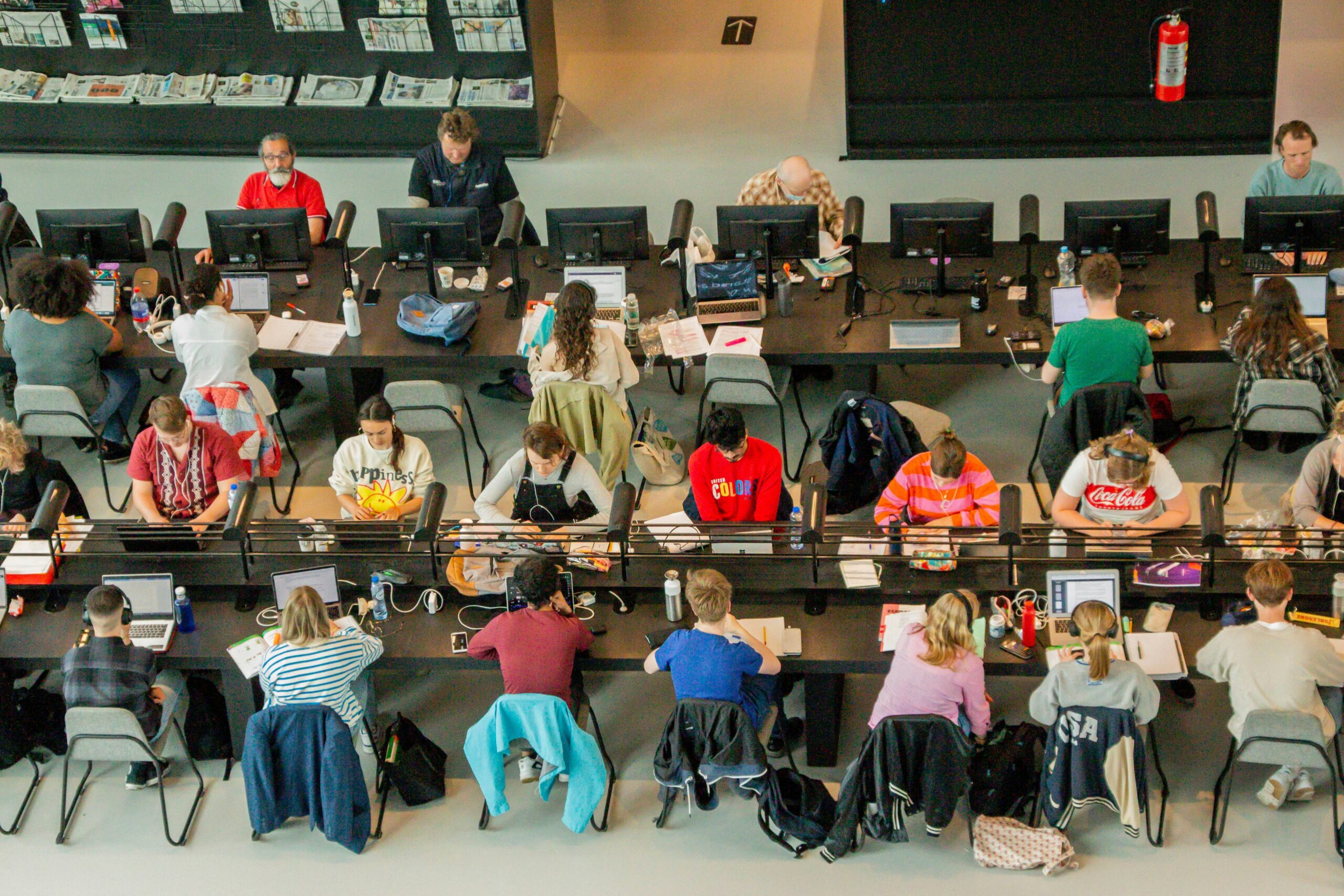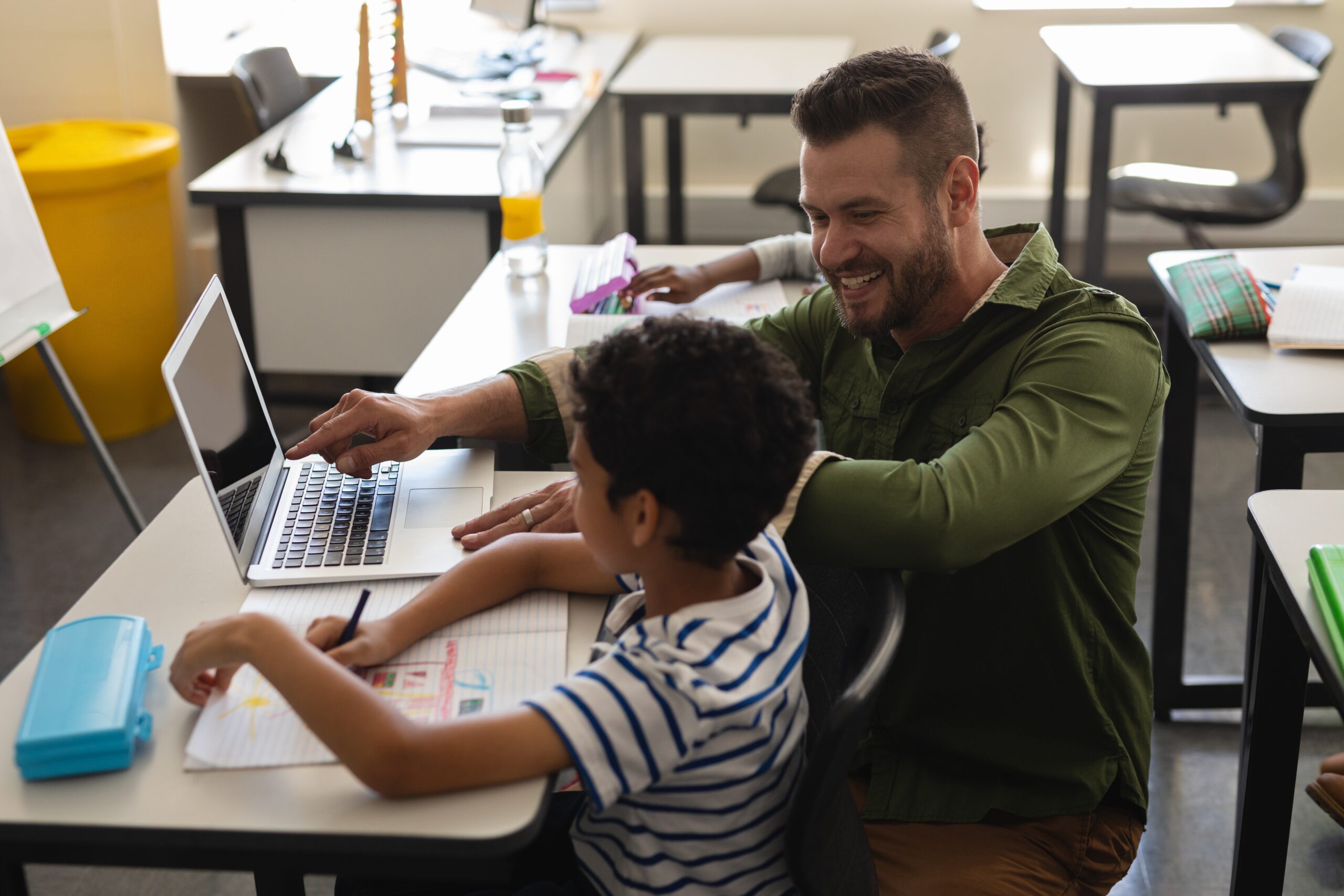An Evaluation Of Perceptions Regarding Mentor Competencies For Technology-Based Personalized Learning
Abstract
The use of technology-based learning systems to provide individualized instruction through tutoring for K-12 students is gaining increased attention, especially as a result of the COVID pandemic. We discuss the development of pedagogical components of Personalized Learning2 (PL2 ), a human mentoring online system that supports both mentors and students while improving student’s math achievement. PL2 uses AI-driven software to recommend custom resources and supports based on mentor input and student math learning data. This research focuses on developing a more efficient and research-based method of resource organization by creating a schema of mentoring competencies.
A preliminary survey was completed by 18 PL2 partner members (i.e., mentors or mentor supervisors) to best determine the most important skills perceived to be successful. The survey results ranked mentor skills according to the perceptions of partner members, which demonstrated Engage and Motivate Students as the most important skill, whereas Understand Educational Policies and Norms was perceived to be of least importance. These results also guided the creation of a preliminary super-competency scheme through the creation of SMART supports (Social-emotional, Math Content, Advocacy, Relationships, Technology). Such schematic recategorization of mentor super-competencies will improve mentor training and optimize their efficiency in helping students with particular barriers to learning (i.e. lack of motivation, low self-efficacy)
Personalized Learning,Technology-based learning,Intelligent Tutoring System (ITS),Mentoring,Tutor training



